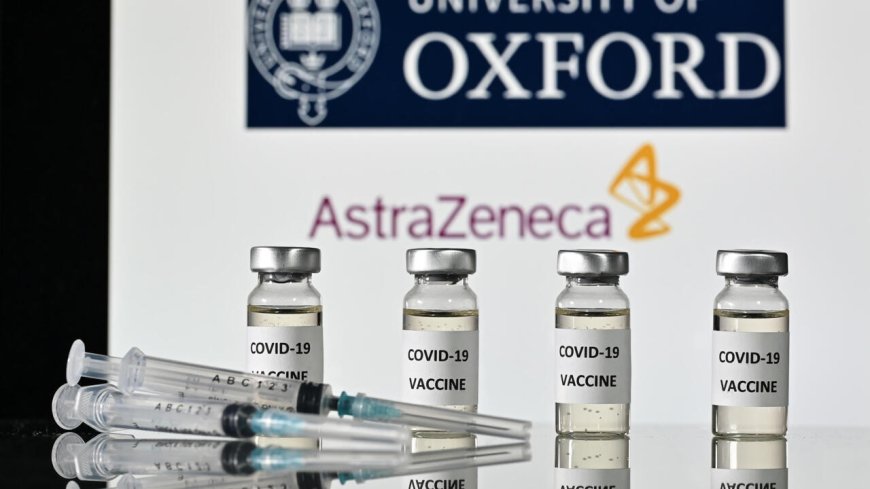AstraZeneca admits rare side effect risk in Covishield vaccine, sparks public concern

IN a recent development, AstraZeneca has acknowledged a potential rare side effect associated with its Covid-19 vaccine, including Covishield, the version widely used in India. This admission, made in legal documents submitted to the UK High Court, has sparked public concern and raised questions about vaccine safety.
The document acknowledges that the vaccine "can, in very rare cases, cause TTS." This serious condition involves blood clots (thrombosis) occurring alongside a low platelet count (thrombocytopenia). These blood clots can manifest in various parts of the body, including the brain and abdomen.
"It is admitted that the AZ vaccine can, in very rare cases, cause TTS. The causal mechanism is not known...Further, TTS can also occur in the absence of the AZ vaccine (or any vaccine). Causation in any individual case will be a matter for expert evidence," AstraZeneca said.
This revelation comes as AstraZeneca faces a class-action lawsuit in the UK over claims that the vaccine, developed in collaboration with the University of Oxford, caused deaths and severe injuries in certain cases. One such case is of Jamie Scott, a father of two, who took legal action after he suffered a blood clot that left him unable to work. He claims that after receiving the vaccination in April 2021, he developed a blood clot and a bleed on his brain, which resulted in a permanent brain injury. Scott's case is one among several others that have raised questions about the safety of the AstraZeneca vaccine.
In a legal defence against Jamie Scott's claim, AstraZeneca admitted to the potential rare side effect associated with its COVID-19 vaccine. This contradicts the company's previous stand in 2023, where it had denied that the vaccine caused TTS at a generic level. The admission may lead to payouts to the victims and their families and has raised concerns about vaccine safety.
Kate, Scott's wife, has urged for an apology and just compensation for their family and others who have been affected. She has emphasised that it took three years for them to receive admission and has stated, "We have the truth on our side, and we are not going to give up."
Speaking with the Telegraph, Kate said, “The medical world has acknowledged for a long time that VITT was caused by the vaccine. It’s only AstraZeneca who have questioned whether Jamie’s condition was caused by the jab."
The High Court has received fifty-one legal cases from individuals and families seeking damages surpassing £100 million.
AstraZeneca has conveyed empathy towards those who have experienced loss or health issues. The company reiterated its commitment to prioritising patient safety, highlighting the rigorous standards set by regulatory authorities to ensure the safe utilization of all medications, including vaccines.
What is TTS (Thrombosis with Thrombocytopenia Syndrome)?
Thrombosis with Thrombocytopenia Syndrome (TTS), alternatively known as Vaccine-induced Immune Thrombotic Thrombocytopenia (VITT), is an exceptionally rare condition characterized by the simultaneous occurrence of blood clot formation (thrombosis) and a decrease in platelet levels (thrombocytopenia).
When a blood clot forms within a blood vessel, it can impede the normal flow of blood, potentially leading to various complications. Thrombocytopenia, on the other hand, refers to a reduced count of platelets in the blood, which ordinarily play a crucial role in facilitating blood clotting to prevent excessive bleeding.
AstraZeneca partnered with the Serum Institute of India (SII), the largest vaccine manufacturer globally, to provide the vaccine to the Indian Government.
